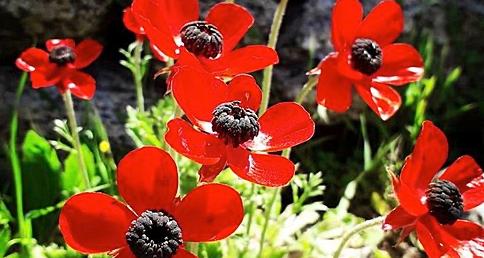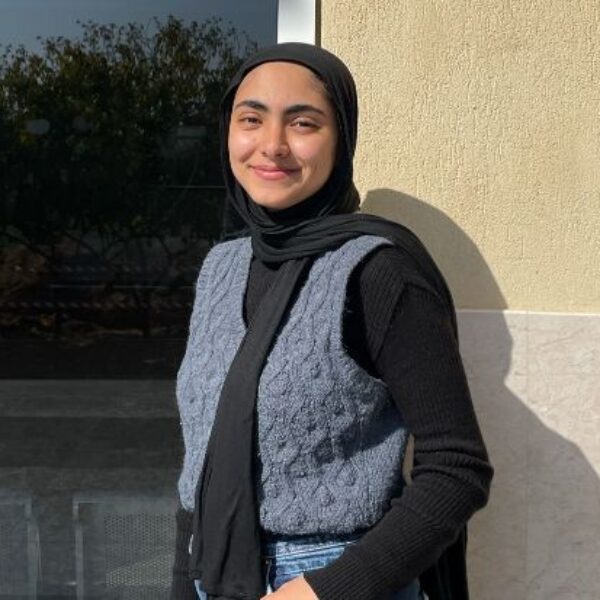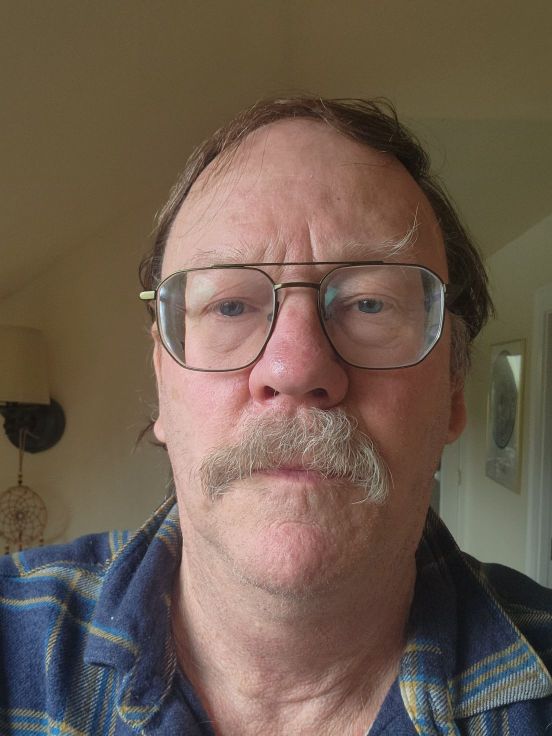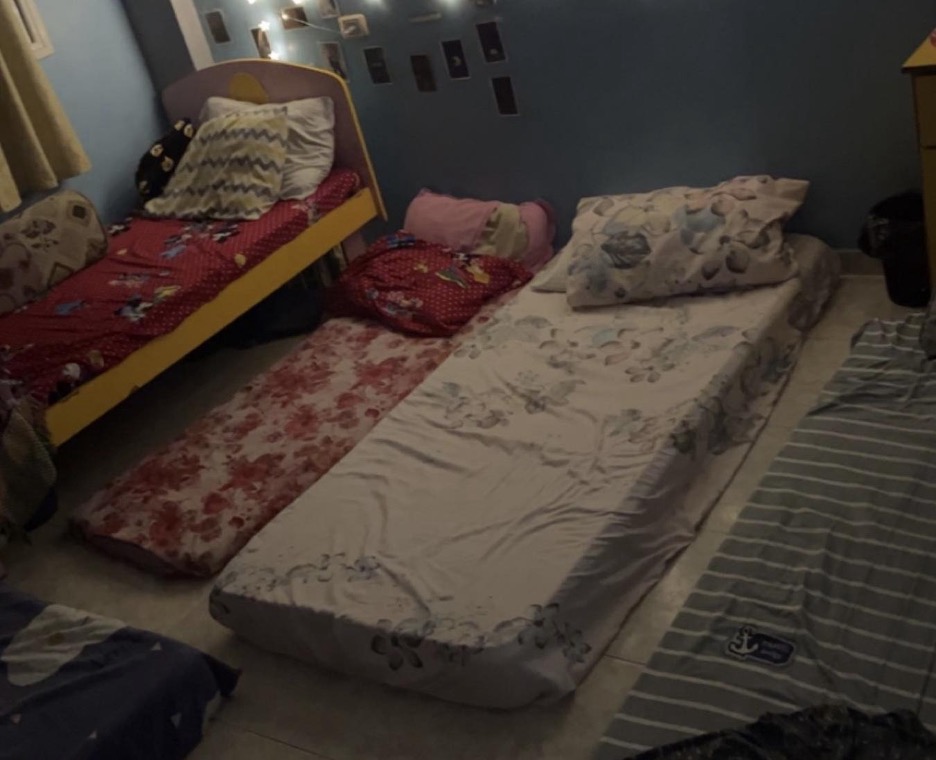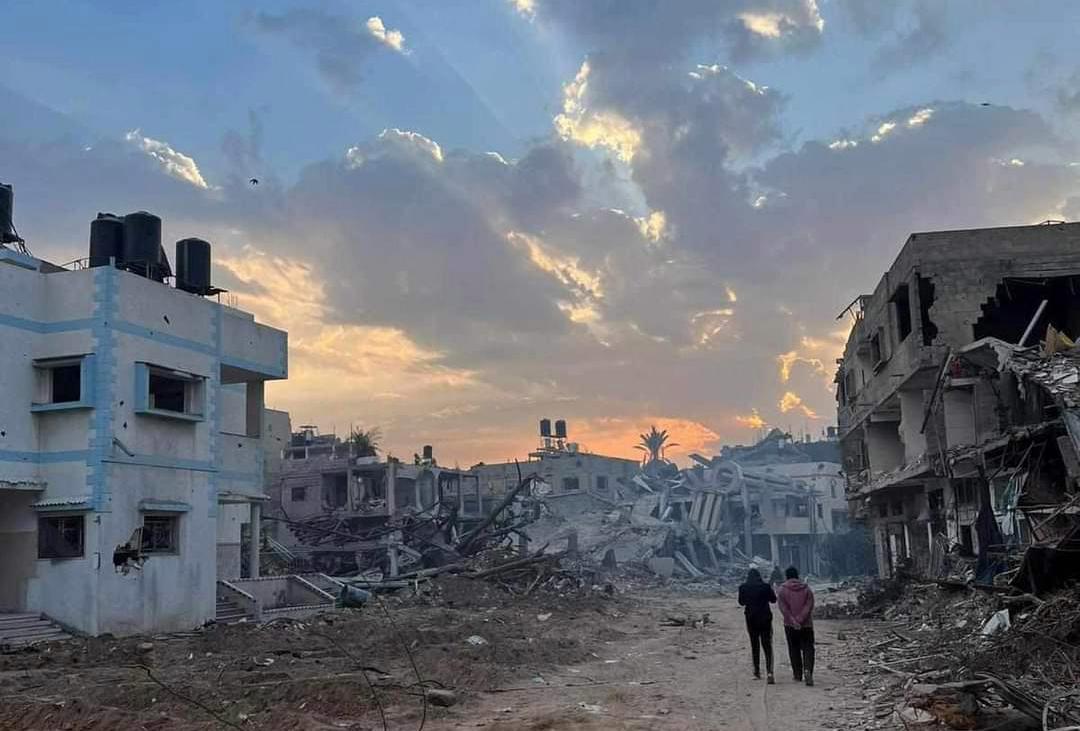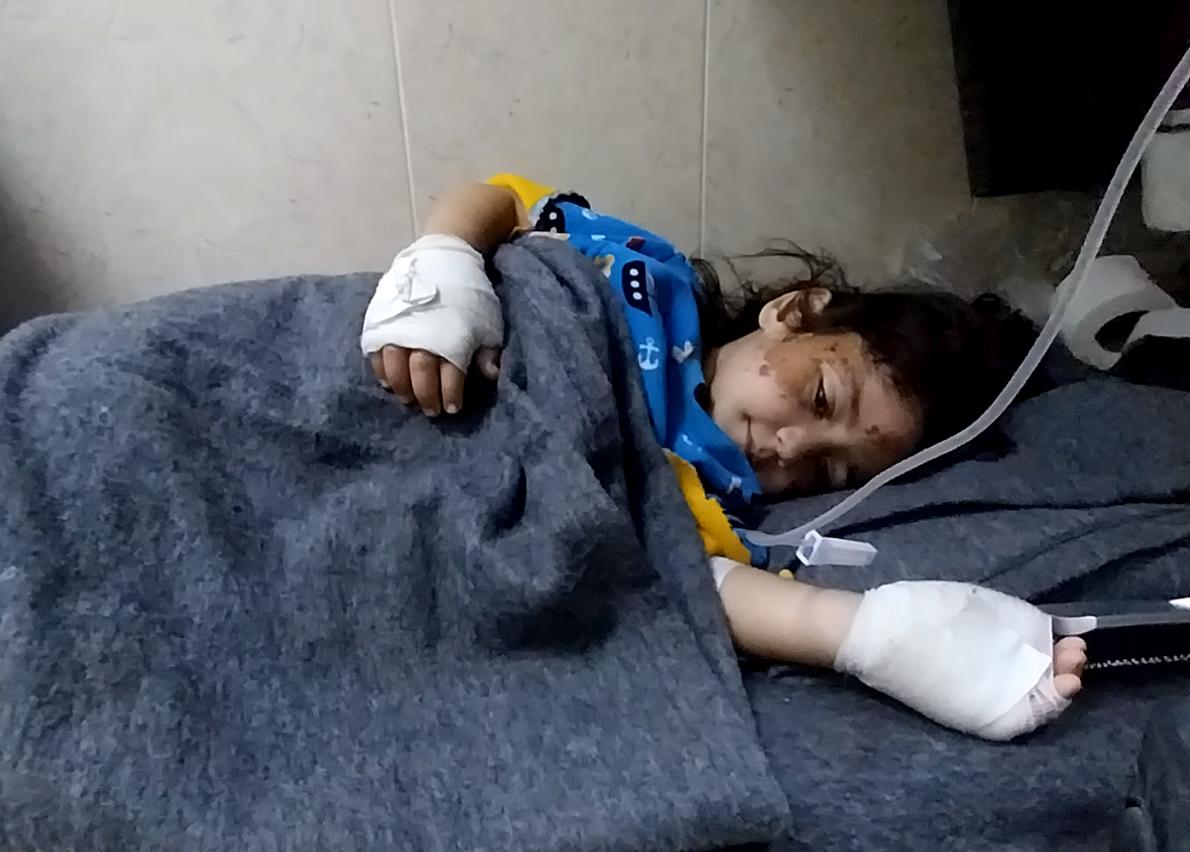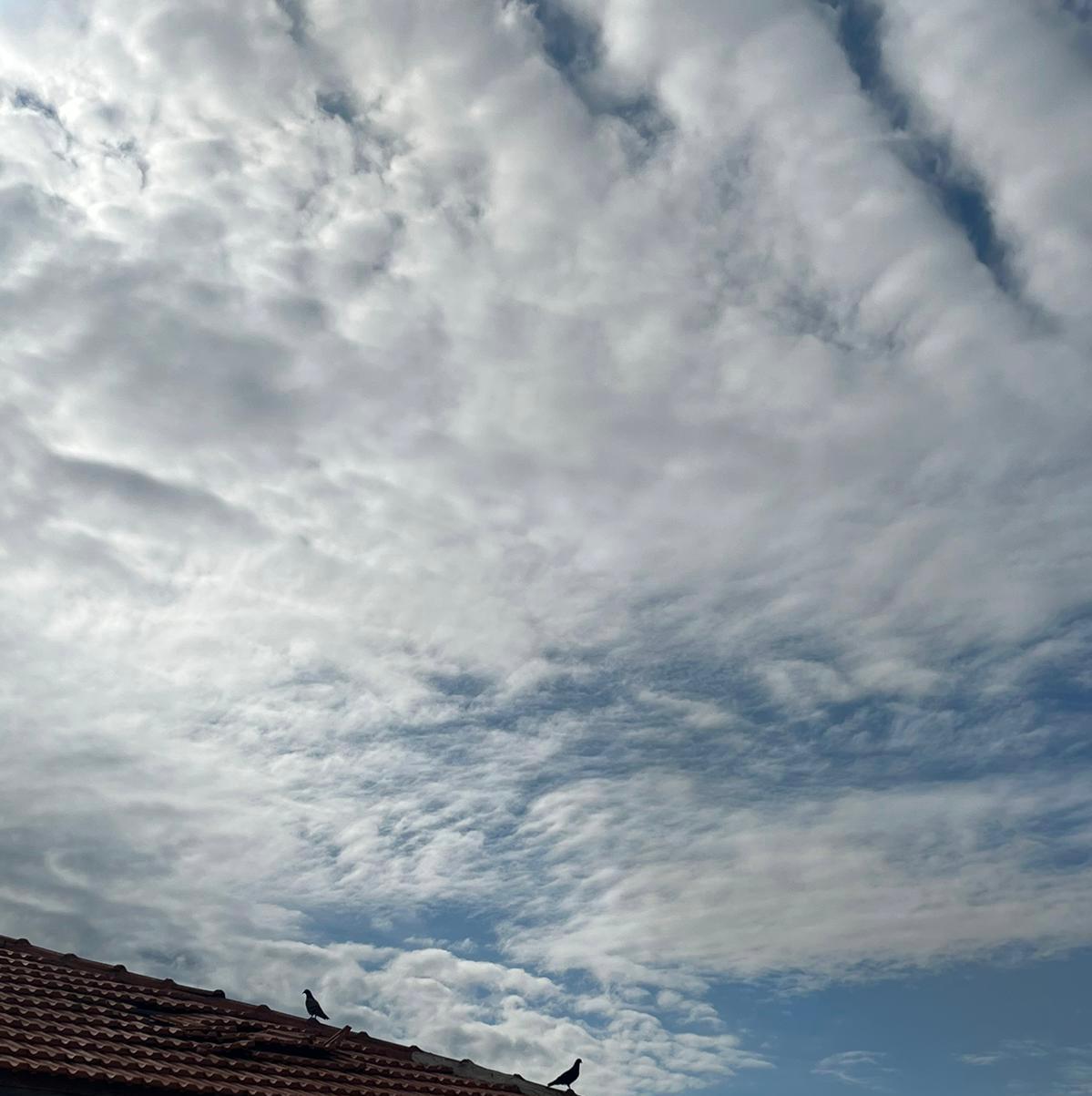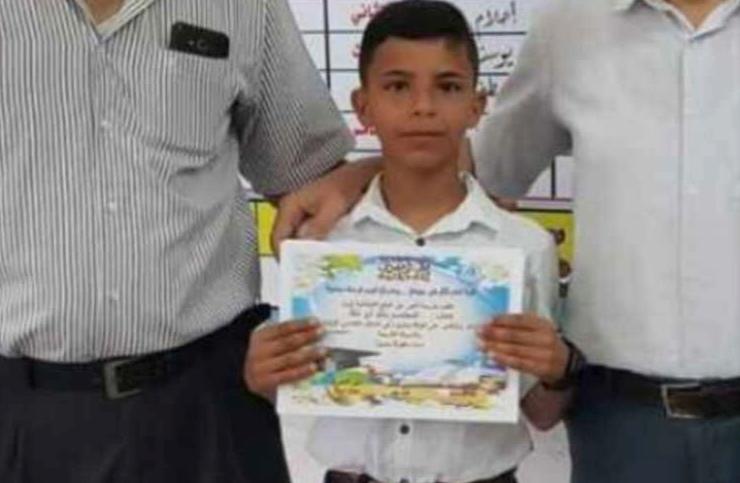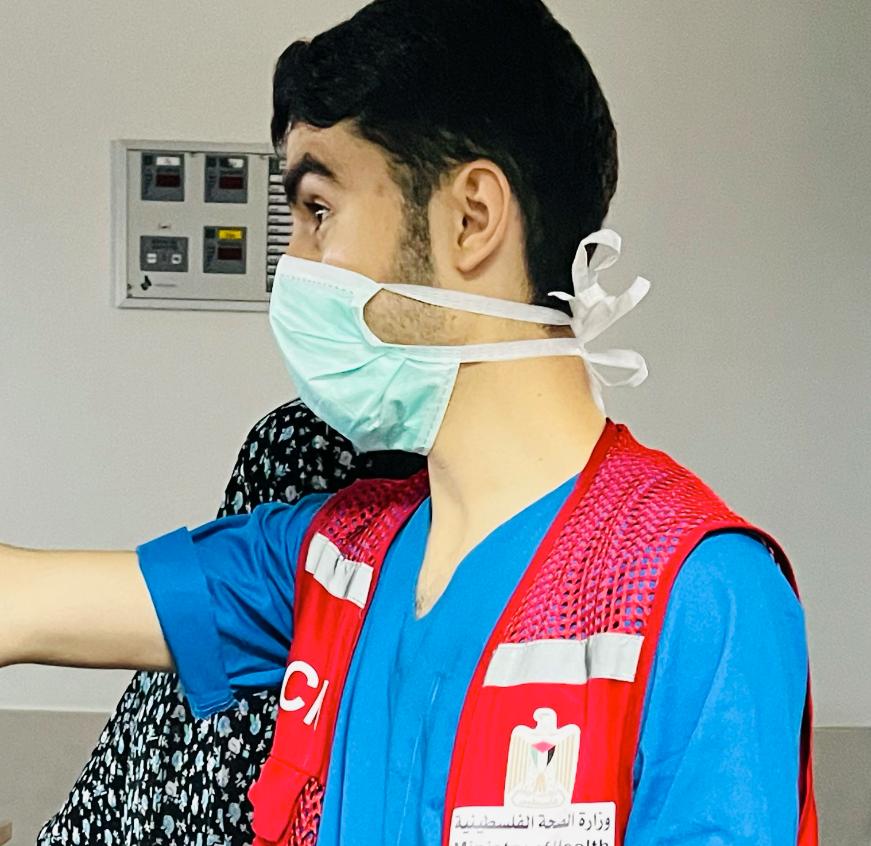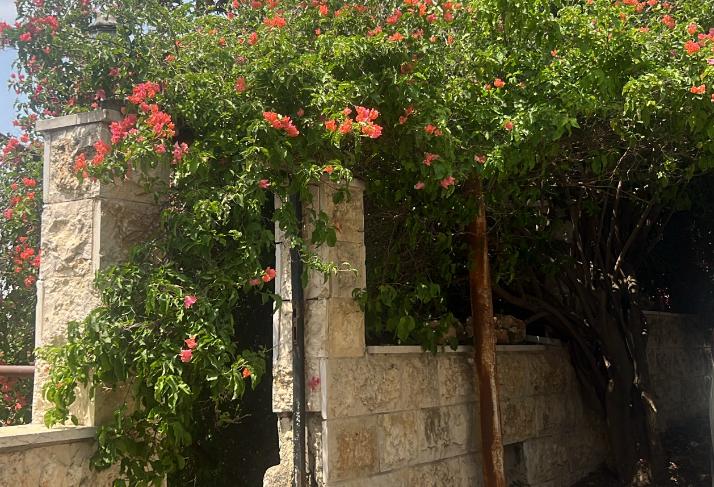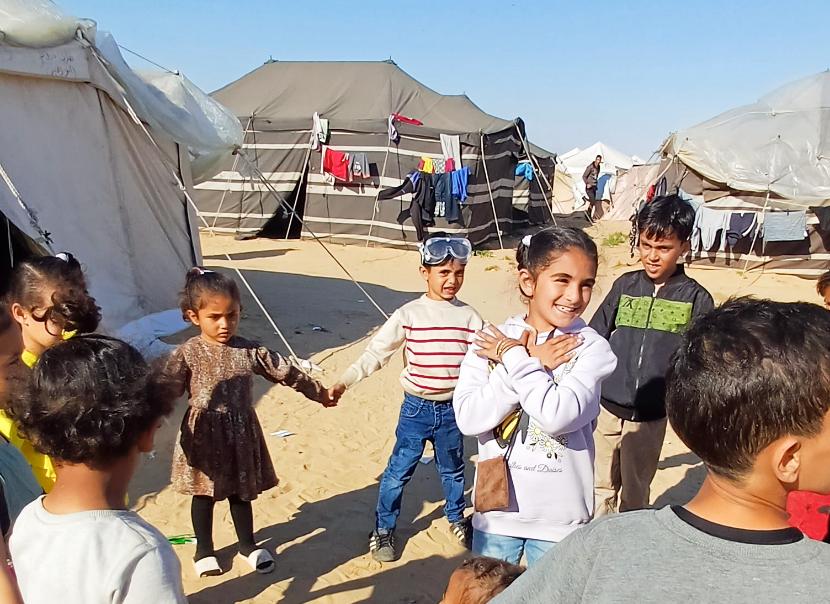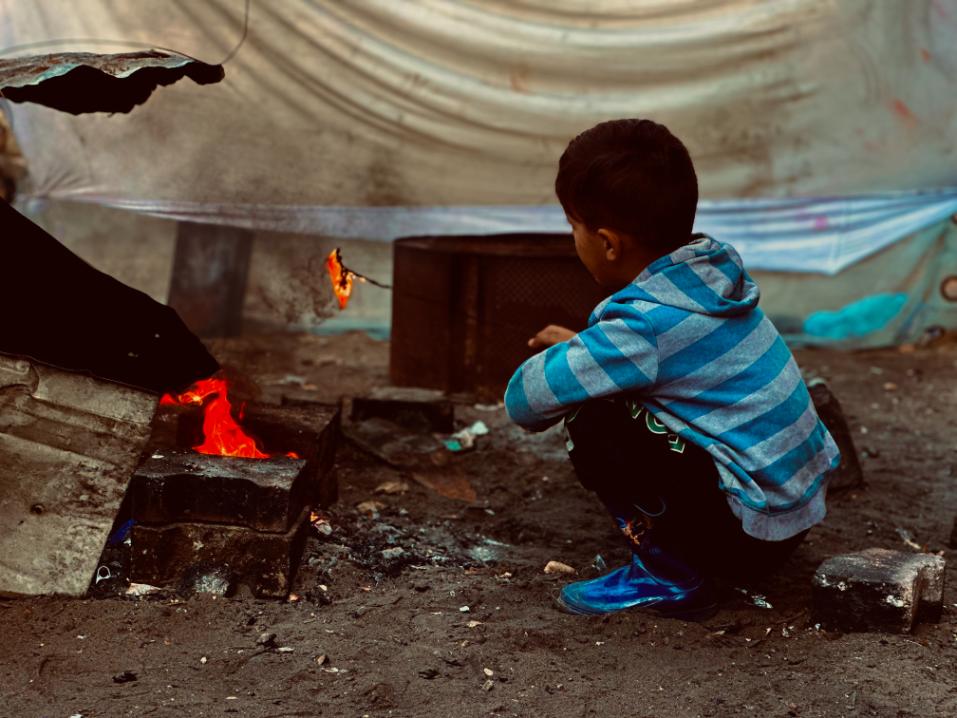
It’s been more than 100 days since the Israeli aggression started against the Gaza Strip. We’re currently living under inhumane conditions due to the severe scarcity of food, clean water, and electricity.
I miss the old days. I can’t hang out with my friends anymore because either I lost the friend or the place. I want my life to be back again where I can be a human with passions and dreams to follow.
So much lost
I feel so poorly when I see a child who is almost naked and is trembling, standing on the street selling Awama (a kind of sweet that is popular in winter) to get some money for his family.
I tried to reimagine the cities, now ravished, that were full of dreams to those parents who had worked their best to guarantee a good future for their children by building a house with every saved penny; many of those parents spent years working as laborers far away from their families, to provide for them.
I think about the child who is martyred, leaving a mourning mother behind, who is weeping without anyone to comfort her – or even to give her a box of tissues, because it’s too costly.
I think of the jobless people who are unable to feed themselves because they were living on a daily wage before this catastrophe and have no savings.
Life in a sun-deprived room
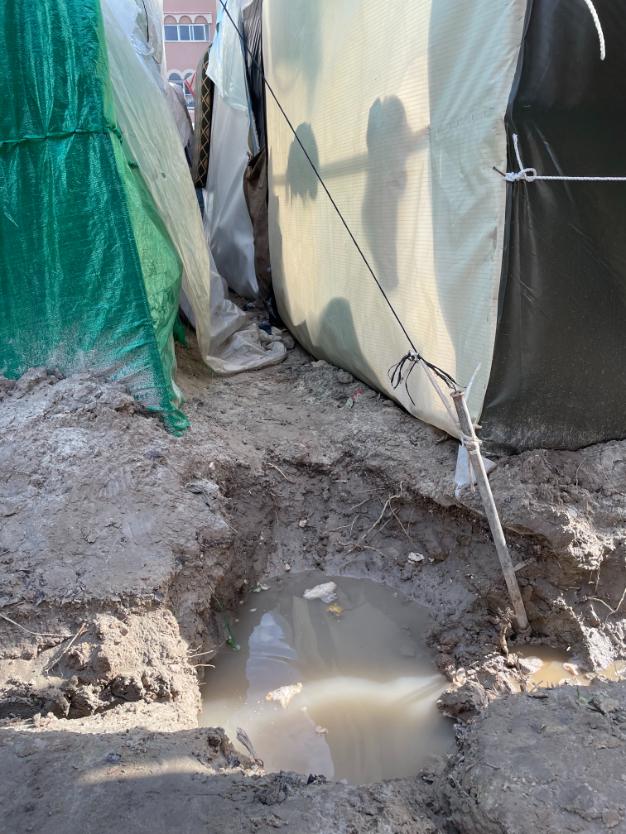
Taking refuge in the middle or the south of the Gaza Strip is like a slow death penalty for those of us forcibly evacuated from our homes in the north. Finding a flat to shelter in with your family is like a miracle, as it is either costly or does not exist at all. Take my family for example: after a hard journey searching for a shelter at a school or other public institution, we set up a tent in a remote, unpopulated territory, but the tents are at risk of being drowned by the rain.
In the second half of January, many children are wearing thin layers of clothing that they had brought when they sought shelter in the south of the Strip. They have no choice except to wait for aid that included winter clothes, as no goods were allowed to enter the Strip since the 7th of October. People and their children would crowd for hours to get any piece of thick, warm clothing.
Searching for food and water becomes an elementary duty to be accomplished, even if it has to be done by illegal or unethical means such as begging for hours. We are using unclean water, hunting for firewood to light a clay oven, and dwelling in mud in filthy clothes.
All of this leads to continuous flu and stomachaches. Finding medicine for people who are struggling with illnesses is impossible. Epidemics like hepatitis are inevitably spreading.
Imagine living in a dark, sun-deprived room with more than 10 children: it’s like living in a grave.
Hair turning gray
The aggression has gone on longer than expected. I realized this when one of my dark tufts of hair turned gray. My friend Mohammed’s child started talking and walking her first steps during these days — but we stopped counting after a month.
The season of earnings from the olive trees and dates has passed with many losses to the farmers and to us, too; we enjoyed the family rituals of those days.
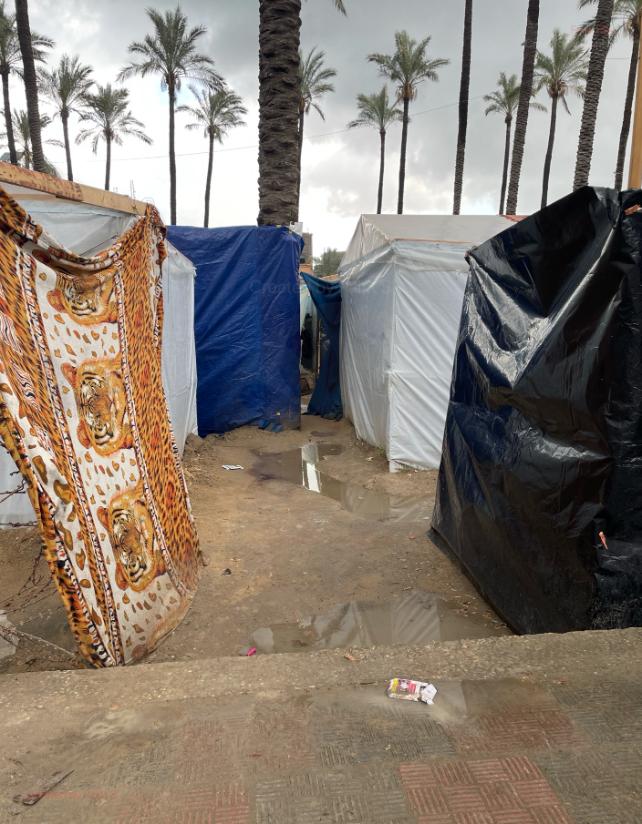
I still picture one of my colleagues at Tamer Institute for Community Education, who divided his tent to use as a meeting room before it was transformed into a refuge for people who sought shelter. It is now a kitchen and workroom.
Fear for the young
Everything around us is gloomy, terrifying, and foggy. I personally don’t know when I wilI return to my law school or if I will restart from the beginning in a new field. Much effort, many hours of hard training to reach the required skills along with the volunteer work, has gone in a blink of an eye.
Lacking diapers is one of the new challenges that is wearing out both the mother and child in the time of aggression. The mother has to replace the diaper with a piece of nylon over her child’s underwear. There are hundreds of children who are not wearing any kind of diaper at all.
As a type of solidarity during these tough days, the phenomenon of hospitality (providing a free meal to every person until the cooker is empty) becomes increasingly common among the remaining cities in the middle and south of Gaza Strip. But after emptying the cooker of food, you get shocked by children who try to calm their stomachs by picking at the scraps stuck to the bottom of the pot.
Hope from the young
Through a window that exposes the baby blue of the sky, I glimpse a small kite that flies over a building. I want to jump and hold the tail of the kite so I can pick a handful of yarn from the clouds to spin a scarf for a loved one. I am glad to see how the children rebirthed this ceremony that decorates the sky, despite the many painful days we’ve been going through.
